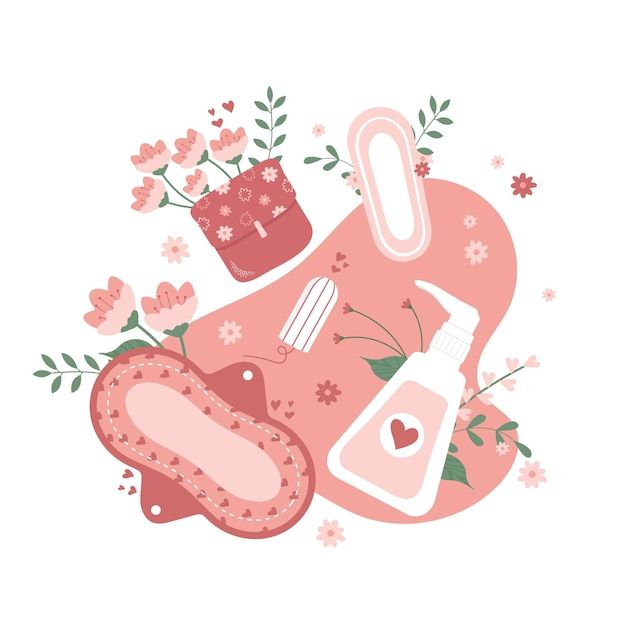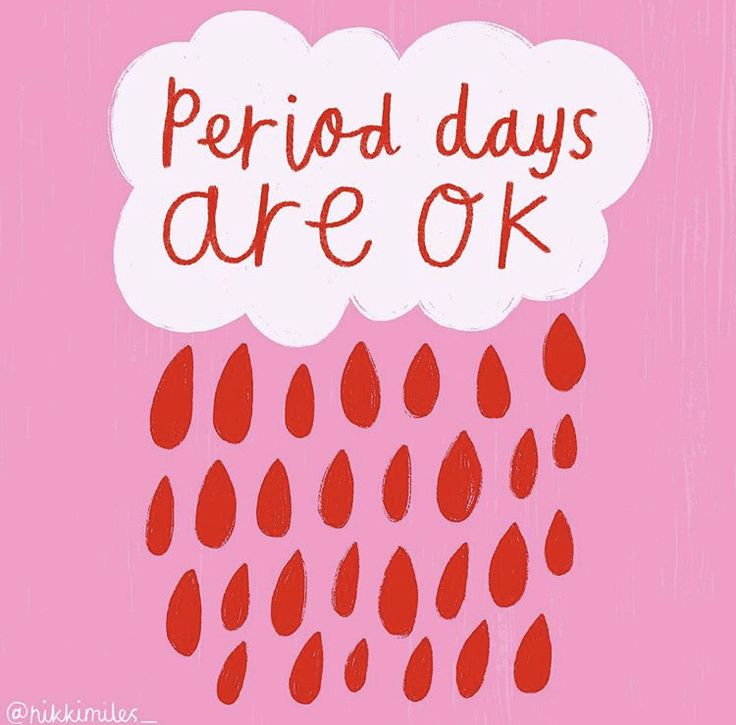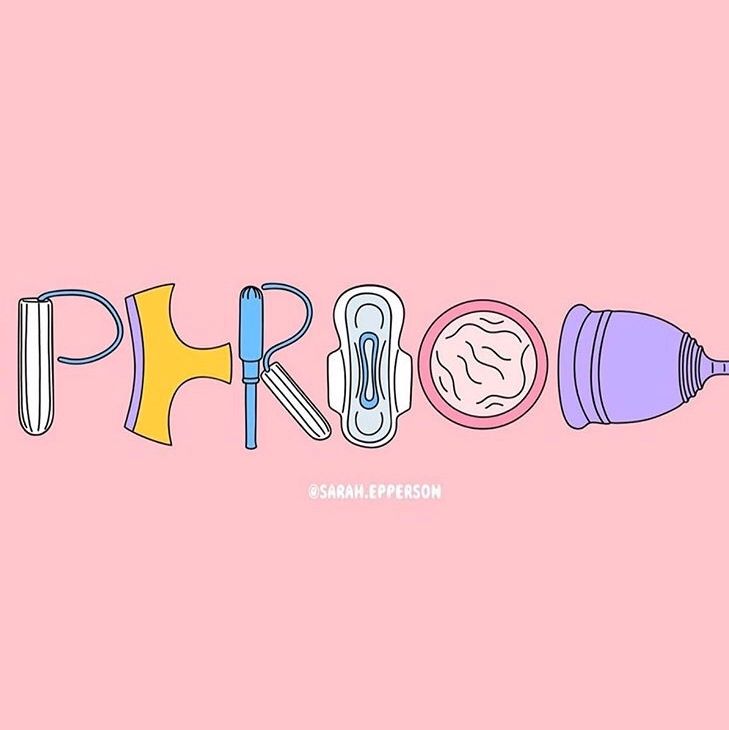Menstrual Hygiene Day, observed annually on May 28, is a global platform dedicated to raising awareness and breaking the stigma surrounding menstrual health. It serves as a reminder of the importance of menstrual hygiene and the need for better access to menstrual products and education. In India, significant strides have been made in improving menstrual health and hygiene, thanks in part to increased literacy, growing digital access, government initiatives, and the proactive efforts of private companies like Nua. Nua has transformed the women’s wellness landscape in India, reaching over a million women with their innovative and safe menstrual products. To delve deeper into the progress and challenges in this field, Social Nation spoke to Diya Mukhedkar, Assistant Category Manager at Nua, about the evolving landscape of menstrual health and hygiene in India.

SN: There has been an uptick in menstrual health & hygiene in India over the years, what do you think can this be attributed to?
Diya Mukhedkar: In India, for a long time, taboos, societal norms and inadequate access to information have led to misinformation and unhygienic menstrual practices.
However, in the last few years there has been a substantial change due to a few reasons:
- Increase in literacy in non-urban and rural areas
- Digital penetration and therefore access to information
- Govt schemes*
- Private companies/ brands using media/ other ways to create awareness about menstrual hygiene, bust myths and break away from taboos
- Cultural shift with Gen Z being more aware and active in terms of breaking social norms and taboos

Freepik
*In April 2023, the Supreme Court of India advocated for a “uniform national policy” to ensure the availability of free sanitary pads for all girls from classes 6 to 12, along with the provision of separate toilets for females in all schools. In November 2023, the government indicated that a national-level menstrual hygiene policy has been formulated that seeks to break the stigma around menstruation, ensure access to period products and toilet facilities, to empower women and girls, promote health and sustainability, and fulfil international commitments to gender equality and women’s well-being. (Source: ORF)
Also Read: Ranveer Allahbadia Welcomes Cannes Sensation Nancy Tyagi On His Podcast
SN: We often see cases where menstrual hygiene is a concern owing to lesser knowledge among boys in the family. How do you think we can address an issue like this?
Diya Mukhedkar: This is super important. While there are certain strides being made in schools with mandatory sex education etc, we have a long way to go. It’s necessary for boys to get access to the correct information and be sensitised about this both at school and at home.
Further, it’s imperative that the messaging at school and at home are aligned. Often, due to a lack of openness and education, boys seek information through other means that may not always be accurate. And, talking about menstruation to boys needs to be de-stigmatised– it’s not a “private thing” or a “sickness”. It’s normal.
SN: Sanitary napkins or menstrual cups, it’s a common conundrum, which one do you think is better and why?
Diya Mukhedkar: This comes down to user preference annd it’s a very personal choice. Either way, it’s important to choose an option that’s safe for you, given that this product will be used for a long period of time. Sanitary pads are comfortable for many and can be used by all because there’s no insertion required. However, for those who are environmentally conscious and are able to comfortably insert a cup, cups can be a better option.
It is important that we don’t judge anyone based on their choice. Women as it is go through enough during menstruation, they don’t need more judgment on their choice of hygiene practices.
SN: Can you share 5 tips to maintain hygiene during your periods?
Diya Mukhedkar: Change your pad every 6 hours- Don’t use the product for longer than the stipulated time. Using a pad for an extended period of time can increase the risk of infections. And using a tampon/cup for long hours can lead to toxic shock syndrome.
Bathe regularly during your period-This has several benefits. Not only does it help to keep your vagina clean by removing the excess blood that could stay and cause an infection or bad odour.
Carrying extra underwear: This is a very basic tip but we often forget to do it. In case you stain your underwear, having an extra one is always beneficial because wearing stained underwear for prolonged periods of time could cause infections.
Abstain from using fragrance soaps in the vulva area: We are often very conscious about vaginal odour and resort to using scented cleansers around the area. However, fragrances can potentially irritate the vagina and cause pain or inflammation. Using water alone or a mild, unscented soap is more beneficial.
Washing your hands before and after changing your tampon or pad: Most women remember to wash their hands after they put on their pads or insert their tampons. However, it is very important for us to remember to clean our hands before we wear our pads. This helps avoid the bacteria that could be on our hands from entering our vagina and causing infections.
SN: Period huts or kurmaghars are common in certain regions of the country with no sanitation or basic facilities. How do you think we can get rid of a social custom like this one?
Diya Mukhedkar: It’s difficult to break “traditions” overnight because these are built over a long period of time. A community builds these practices with their socio-cultural and religious contexts, which is often nuanced. That being said, it’s important for women and men in these areas to be educated and given infrastructure in order to make these changes. It’s ideal if the people within the community are empowered to help lead the change rather than ‘outsiders’ being didactic about what should be done.

SN: Disposal of sanitary napkins is another concern with regards to menstrual hygiene, how do you recommend doing this in the safest as well as environmentally friendly manner?
Diya Mukhedkar: Hygienic disposal of sanitary napkins is very important. And again, due to a lack of awareness about the negative effects of improper disposal, several women do not practice this. Hygienic disposal is almost as important as hygienic usage. Right disposal can have a huge impact on the environment as pads can be recycled. Therefore just by simple segregation of garbage, and separate bins for throwing pads in public spaces, offices and schools, we can ensure they don’t get flushed. This way the rag pickers and garbage collectors will also be safe.
SN: When it comes to menstruation, there is no one-size-fits-all, but for a first-time menstruator, how do they pick the right period product?
Diya Mukhedkar: There’s definitely no one-size-fits-all approach and for first-time menstruators, it’s very daunting to use any kind of period products. Pads are hygienic and a good way to start. However, more recently, disposable period panties have become a popular choice for first-time menstruators because of the ease of use & longer duration of protection without worrying about leaks.
As they become more accustomed to using pads/ disposable panties, depending on the user they can eventually opt for products like cups and tampons especially if they are athletes/swimmers.

As we commemorate Menstrual Hygiene Day, it is heartening to see the progress made in addressing menstrual health and hygiene in India. Companies like Nua have played a pivotal role in this journey, offering safe, effective, and innovative products tailored to the needs of women.
We extend our gratitude to Diya Mukhedkar for her insights and for sharing how Nua continues to champion the cause of menstrual health in India. Through collective efforts, we can hope for a future where menstrual hygiene is no longer a challenge but a well-accepted and supported aspect of women’s health.


